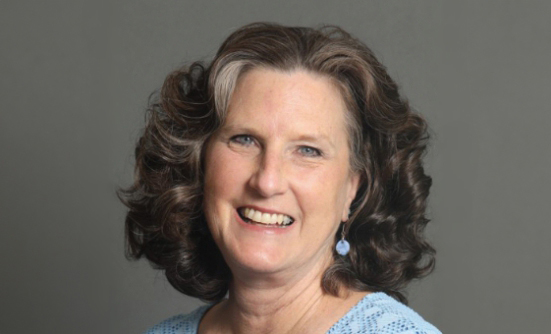Hello everyone! Happy Holidays and Happy New Year! As 2016 comes to a close and 2017 begins, so do deductibles and larger copayments for the coming year. Ugh! Connecting with a financial navigator who can help you find resources to offset these expenses should happen as soon as you are diagnosed. Often, this is not on the radar for treating physicians, who are focused on selecting the right treatments for you. It is rare for people to budget to get cancer this year; however, 1 in 2 men and 1 in 3 women will be diagnosed with a life-threatening cancer in their lifetime. That said, don’t try to figure out the economic complexities of cancer care alone. Read in this issue about valuable resources to help you survive financial toxicity, a known side effect of cancer treatment today.
The patient stories in this issue include a patient diagnosed with oral cancer; a man who was planning on enjoying retirement when a diagnosis of throat cancer was thrust on him instead; and a 21-year-old athlete who was a picture of health and ended up diagnosed with lung cancer. Read their heartfelt inspirational stories, and you will no doubt relate to several of their thoughts and experiences.
We have learned a great deal more about the benefits of exercise to patients during and after cancer treatment. Even moderate exercise is beneficial in the prevention of recurrence. Yet, it can be hard to motivate someone to get out of the chair at the kitchen table, the comfy lounge chair in the living room, or the chair at work and get the body moving. Read about how you can set forth a plan for exercise that is actually doable. Consider it as one of your new year’s resolutions you will keep long-term.
There is an article about understanding myeloproliferative neoplasms. (You may be thinking, “Dang, I don’t have that and don’t likely want it.” Well, some readers are dealing with this rare and debilitating blood disease, so we wanted to be sure to include information for them too!) Although rare, if you fall into the small percentage of people with this form of cancer, then this article is 100% for you. We hear you.
Body image associated with breast cancer treatment is a big issue for many women. Once someone learns they will survive this disease, often their next question is, “What will I look like when treatment is over?” It reminded me of the series of questions I ask patients with breast cancer who are newly diagnosed—“Tell me your relationship with your breasts. Is this your best feature? Do you remember the day you got your first bra? Was that a happy day? Do you enjoy bra shopping? Are your breasts your primary erotic zone?” (And trust me, no breast surgeon is going to ask these kinds of questions!) Learn about the issues that need to be discussed and resolved for women dealing with body image changes as a result of their breast cancer treatment.
There is a great article appropriate for this time of year, because it is focused on making goals that you can actually keep, using the SMART method. Read more, and start creating your own doable list for 2017.
Also read about the wonderful article discussing the need for better communication between patients and the researchers who are developing cancer therapies. As the article makes clear, such communication is important to improve current treatments and reduce the devastating side effects of cancer therapy. Listening to patients is finally becoming an important part of taking care of patients. It’s about time!
Finally, for decades, patients who survived a cancer diagnosis were advised not to get pregnant or were left without the hormones needed to be able to conceive a child. A lot has changed. Read about new directions in fertility preservation and the importance of discussing fertility preservation early before treatment has begun, so having children can still happen later down the road.
We wish you good health in 2017. May this year be filled with peace, comfort, and restored good health.













